Amy Orben: To talk about smartphones affecting the brain is a slippery slope


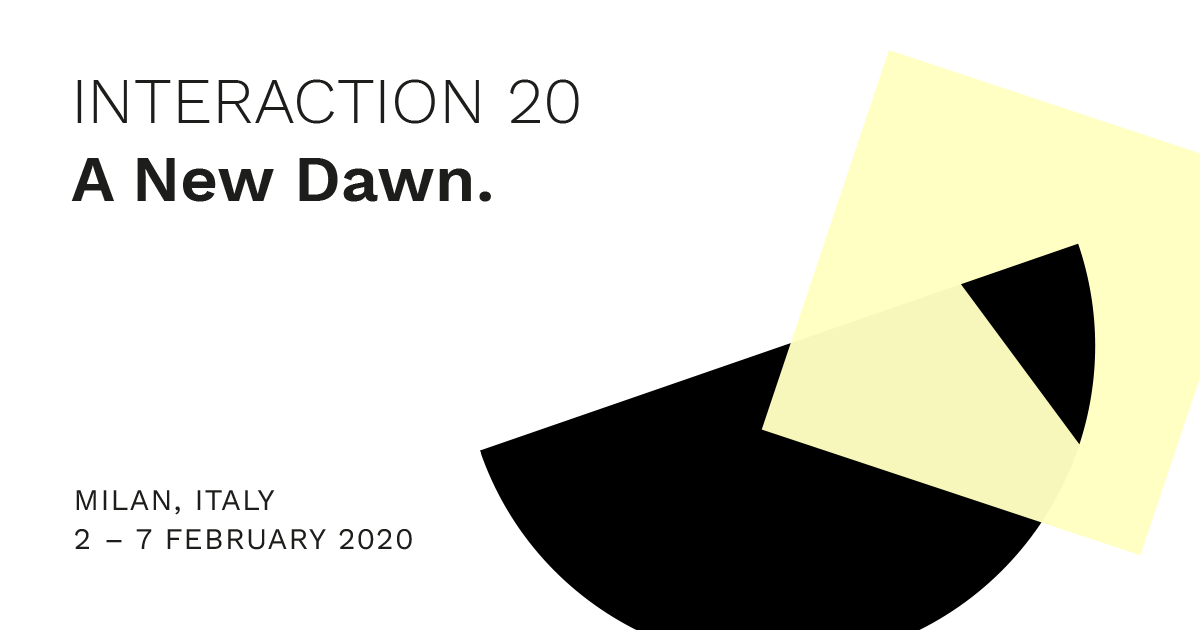







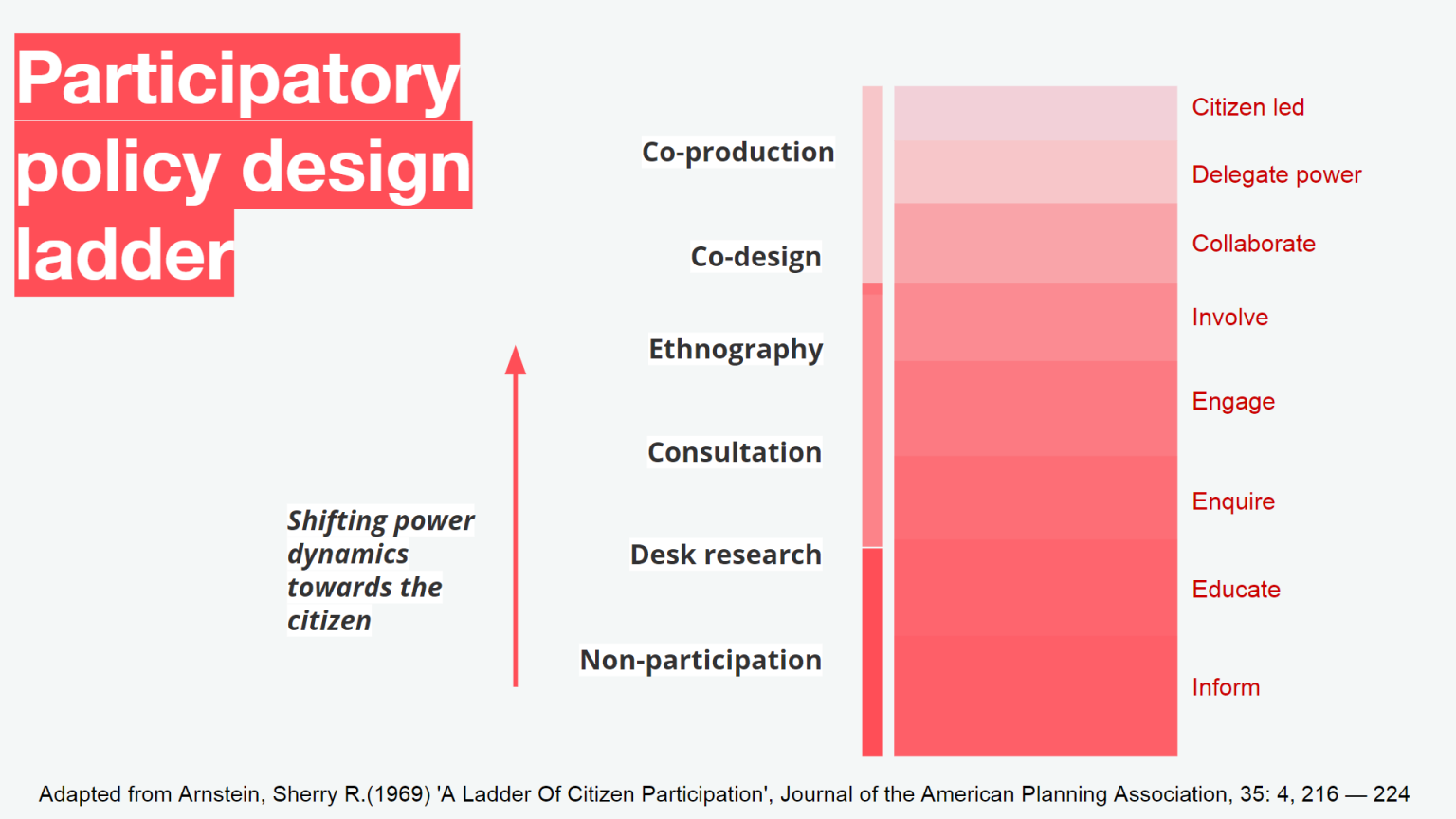

Experientia is offering a new behavioral design training program within the new Cottino Social Impact Campus, the first center in Europe dedicated to impact education. The “Behavioral Design & Cultural Transformation” course (scheduled 23 to 27 March) is aimed at supporting people who want to…

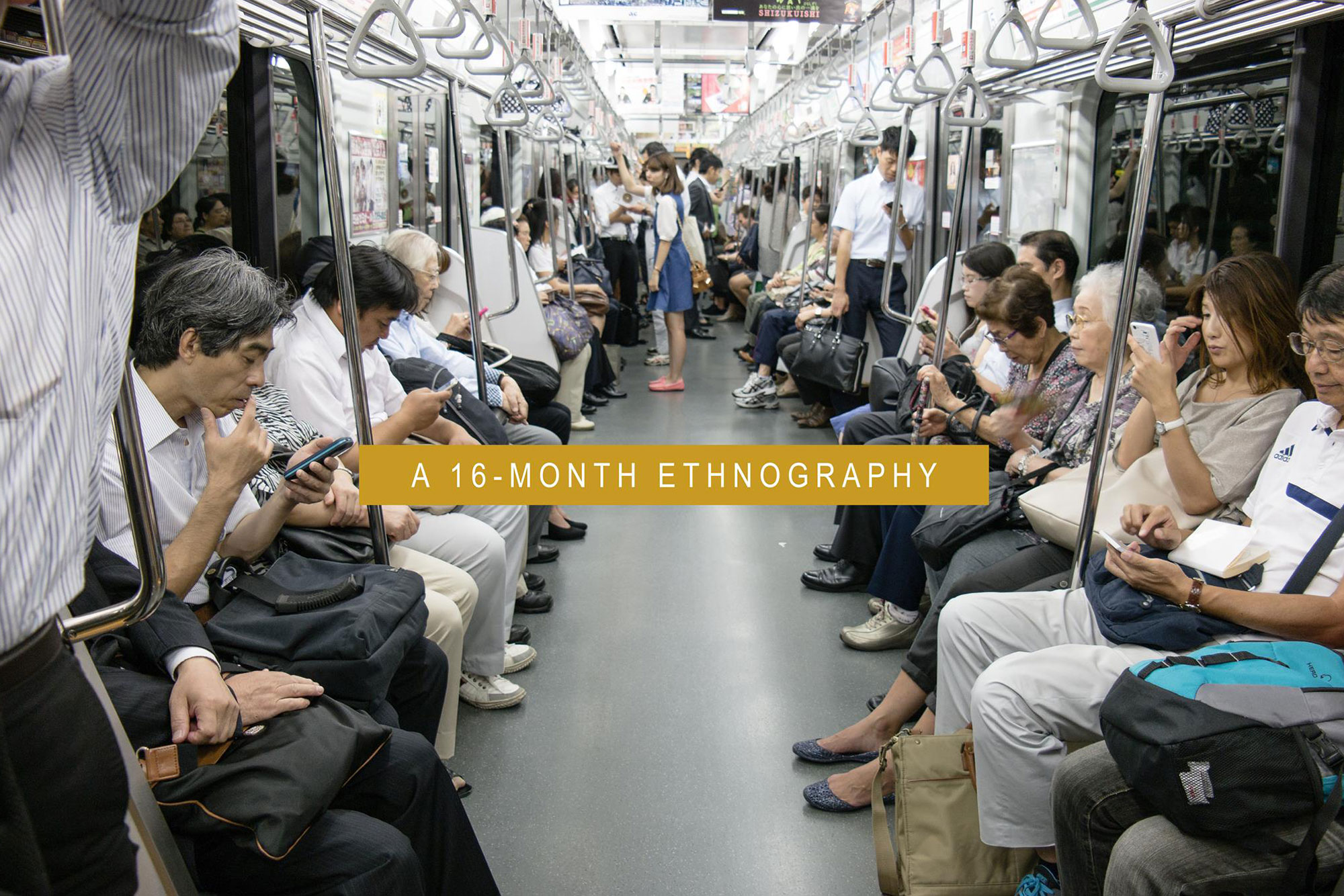

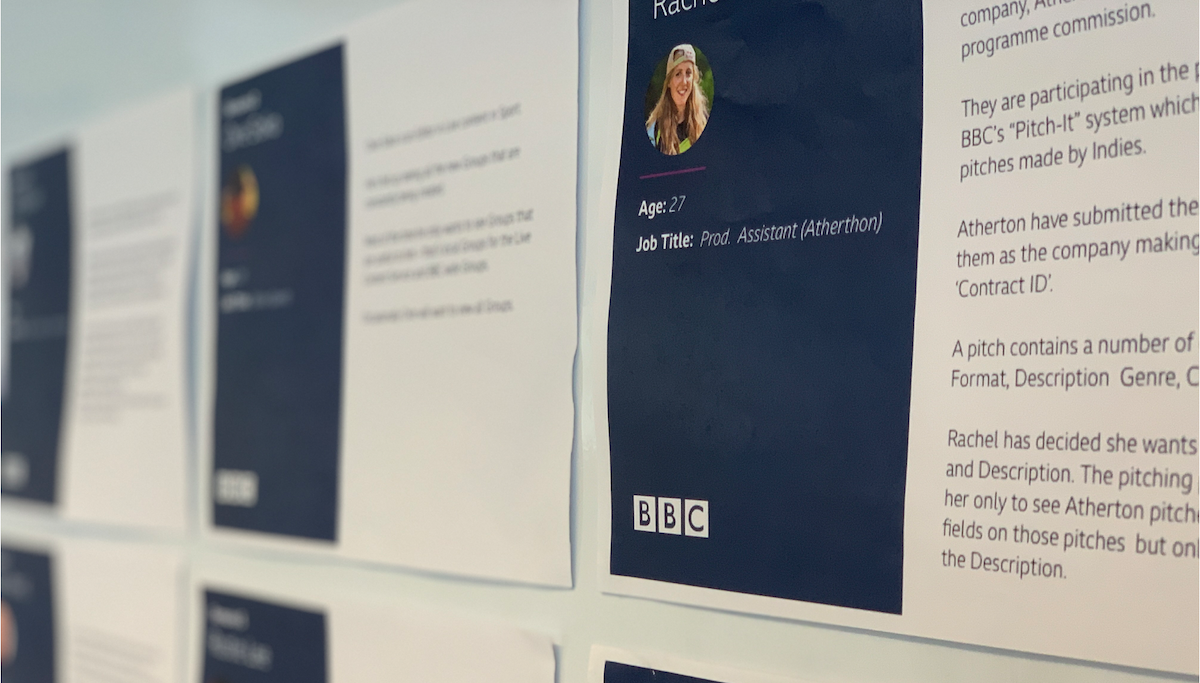

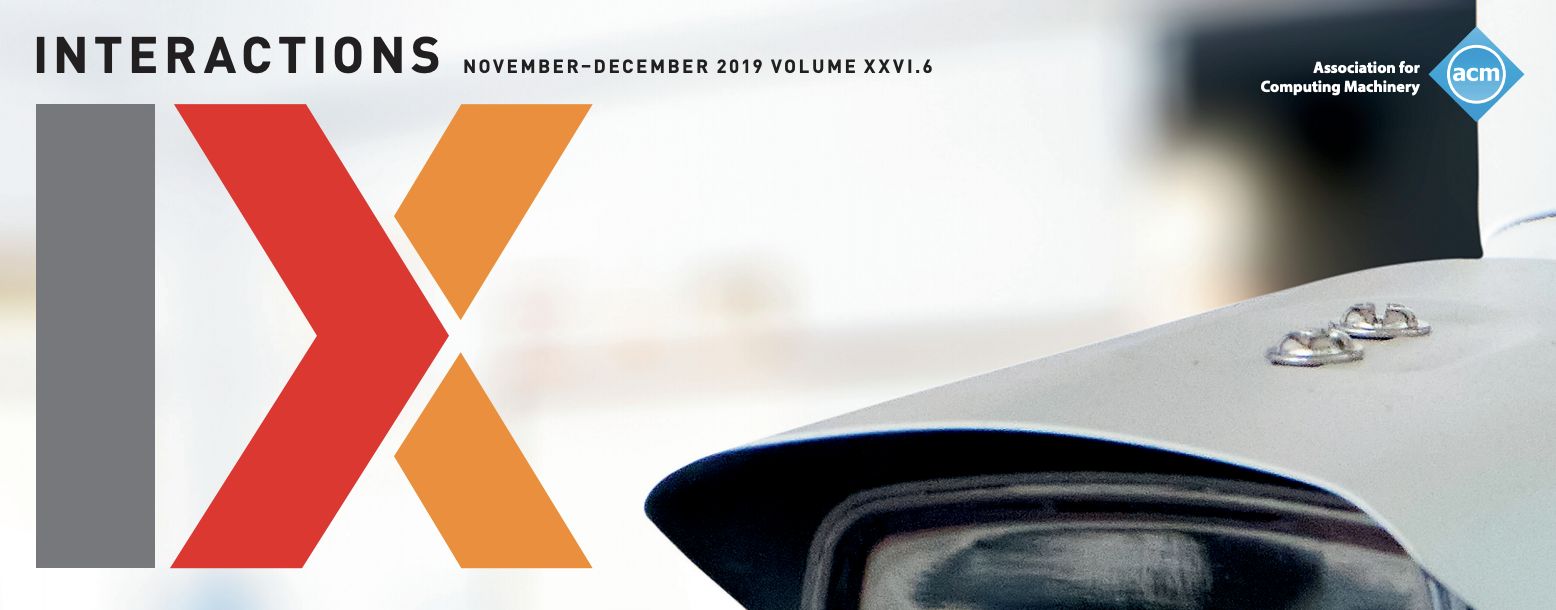

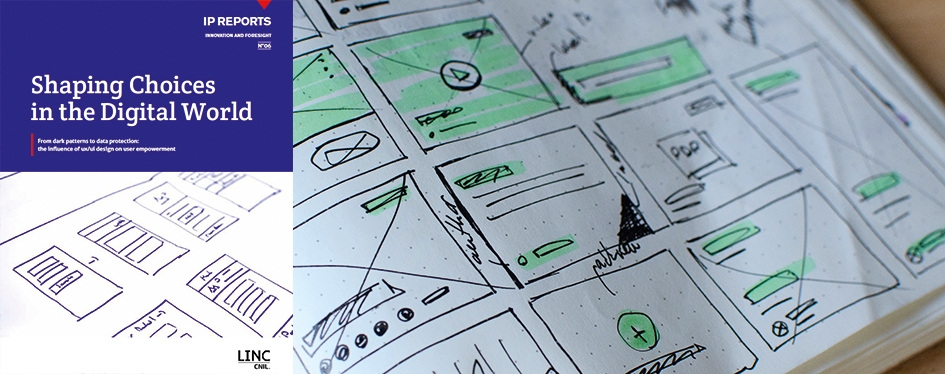

A team of researchers from IMD in Switzerland and SUTD in Singapore put together the Smart City Index. For the first time, researchers attempted to assess people’s perceptions of technology – as opposed to the quality of the technology itself – as a way to…
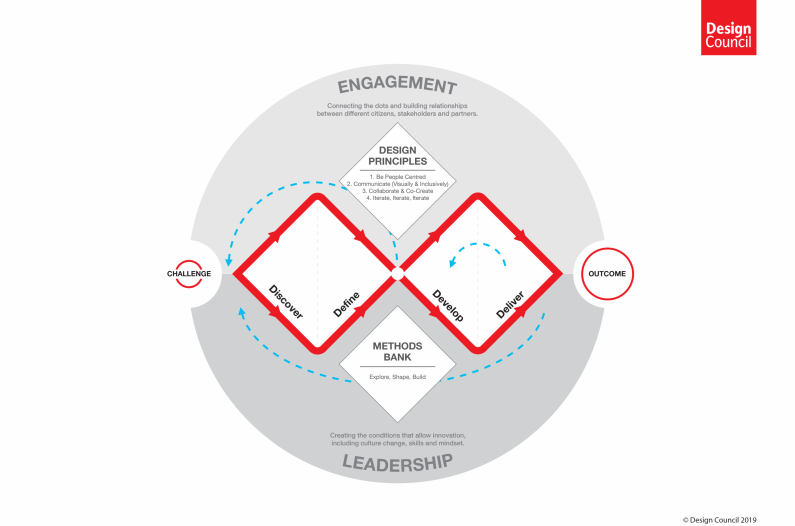
At the heart of the Design Council’s framework for innovation, which helps designers and non-designers across the globe tackle some of the most complex social, economic and environmental problems, is its design methodology, the Double Diamond – a clear, comprehensive and visual description of the…


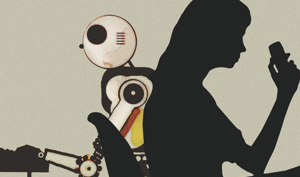
To create less harmful technologies and ignite positive social change, AI engineers need to enlist ideas and expertise from a broad range of social science disciplines, including those embracing qualitative methods, say Mona Sloane and Emanuel Moss in a comment piece in Nature. Technologists are…
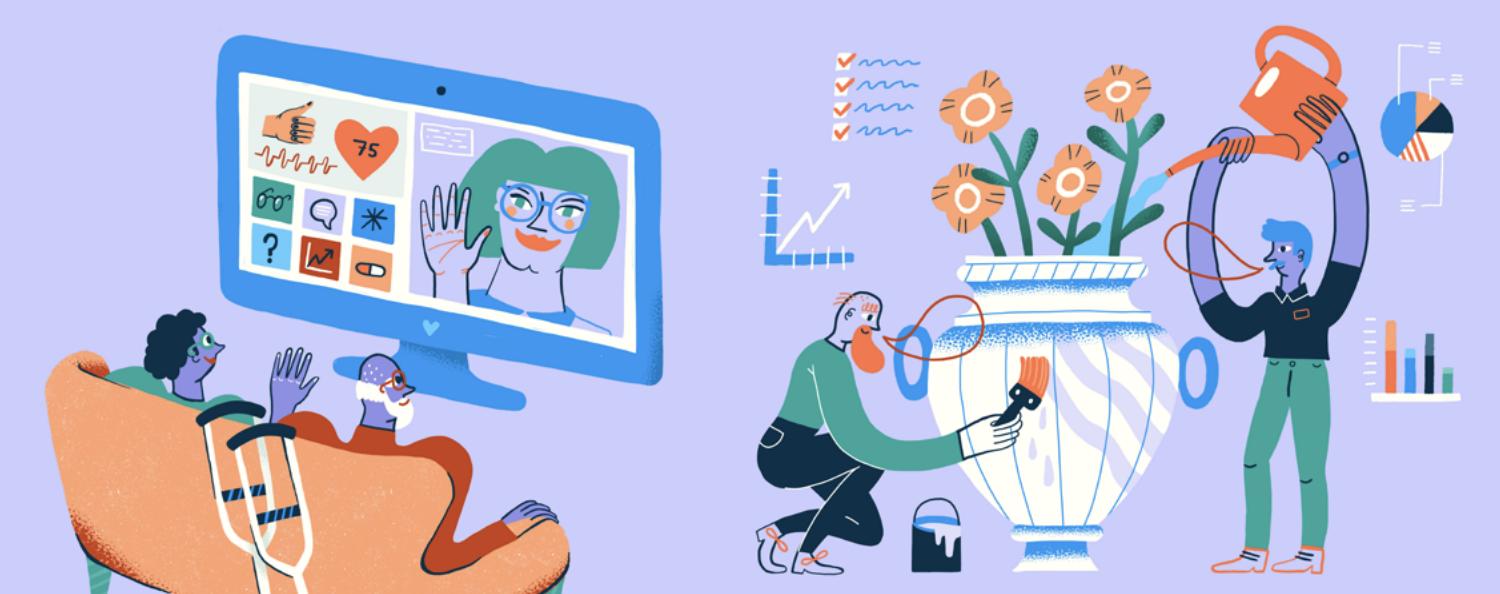
Doteveryone, a UK charity focused on how technology is changing society, has published a report “Better care in the age of automation” that sets out how technology can support a sustainable, effective and fair social care system. It does not prescribe tech solutions but describes…

The algorithms that underlie much of the modern world have grown so complex that we always can’t predict what they’ll do. Iyad Rahwan, who directs the Center for Humans and Machines at the Max Planck Institute for Human Development, proposes a radical idea: the best…

The Costs of Connection: How Data Is Colonizing Human Life and Appropriating It for Capitalism by Nick Couldry and Ulises A. Mejias Stanford University Press August 2019, 352 pages Just about any social need is now met with an opportunity to “connect” through digital means.…
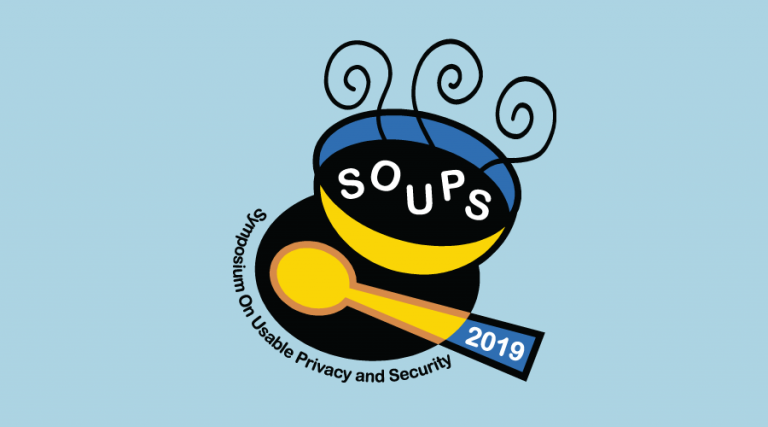
“I don’t own the data”: End User Perceptions of Smart Home Device Data Practices and Risks Madiha Tabassum, University of North Carolina at Charlotte; Tomasz Kosinski, Chalmers University of Technology; Heather Lipford, University of North Carolina at Charlotte Paper included in the Proceedings of the…

Digital service teams in government Ines Mergel, Professor of Public Administration, University of Konstanz, Germany Government Information Quarterly August 2019 National governments are setting up digital service teams (DST) – IT units outside the centralized CIO’s office – to respond to complex governmental and societal…
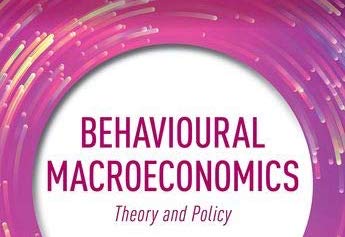
Behavioural Macroeconomics: Theory and Policy Paul De Grauwe and Yuemei Ji Oxford University Press October 2019, 256 pages Modern macroeconomics has been based on the paradigm of the rational individual capable of understanding the complexity of the world. This has created a very shallow theory…
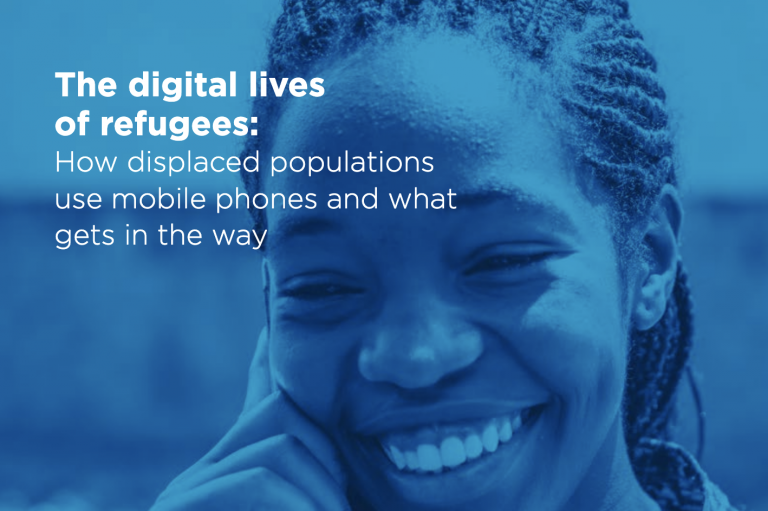
There is growing recognition among donors and humanitarian organisations that mobile technology and mobile network operators (MNOs) have an important role to play in the delivery of dignified aid. This includes providing digital tools that help people affected by crisis become more self-sufficient, especially those…
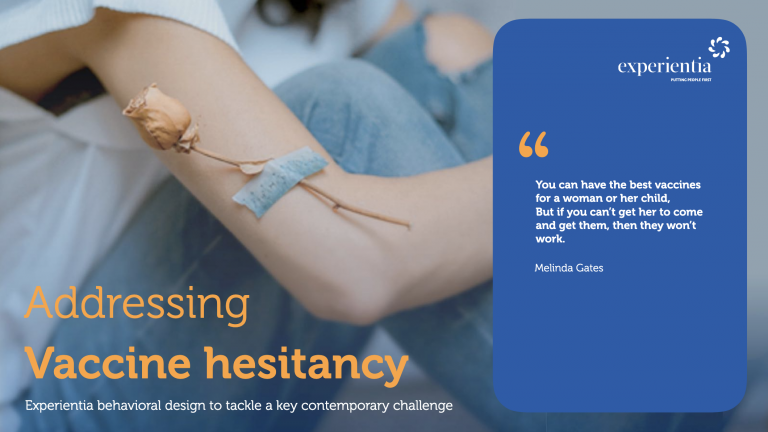
Vaccine hesitancy is a top10 global health threat. Dealing with it successfully requires understanding it as a behaviour and generating a holistic view of people’s perspectives & ecosystems. This way we can identify the best opportunities for intervention. Here is Experientia’s position on vaccine hesitancy…

100&Change is a MacArthur Foundation competition for a $100 million grant to fund a single proposal that will make measurable progress toward solving a significant problem. 100&Change will select a bold proposal that promises real progress toward solving a critical problem of our time. And…

Spotify’s product designer Mady Torres de Souza and senior user researchers Olga Hörding and Sohit Karol explain how they developed their personas tool, how they use it today and why it’s so useful for an autonomous, cross-functional organisation like Spotify. Here at Spotify, we often…

For a number of years, we have witnessed a diminishing appetite for ethnographic work among commercial clients, writes Patricia Sunderland, PhD and founder of Cultural Research and Analysis, on the site of the Qualitative Research Consultants Association (QRCA). Competition and challenges from new methodologies are…
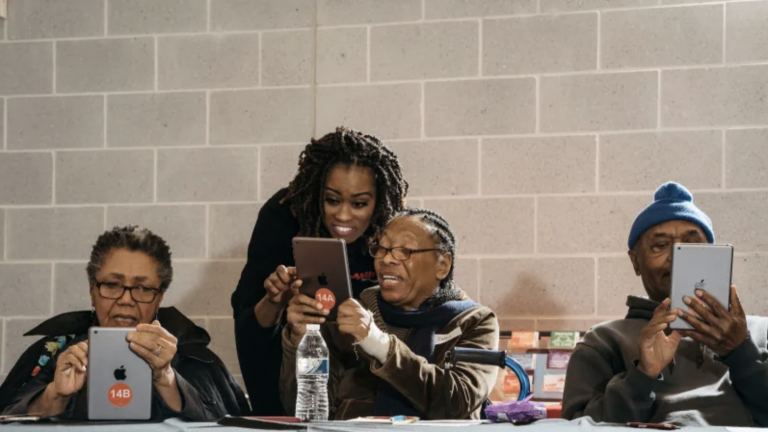
Although many older Americans have, like the rest of us, embraced the tools and playthings of the technology industry, a growing body of research shows they have disproportionately fallen prey to the dangers of internet misinformation and risk being further polarized by their online habits.…
The age of social media has opened up exciting opportunities for researchers to investigate people’s emotional states on a massive scale. For example, one study found that tweets contain more positive emotional words in the morning, which was interpreted as showing that most people are…

The user experience of most web-based applications begins well below the interface, all the way down to fields in a database. Examining how systems and users experience time prove this point dramatically. Think about how messy time can be – time zones, leap years, recurring…
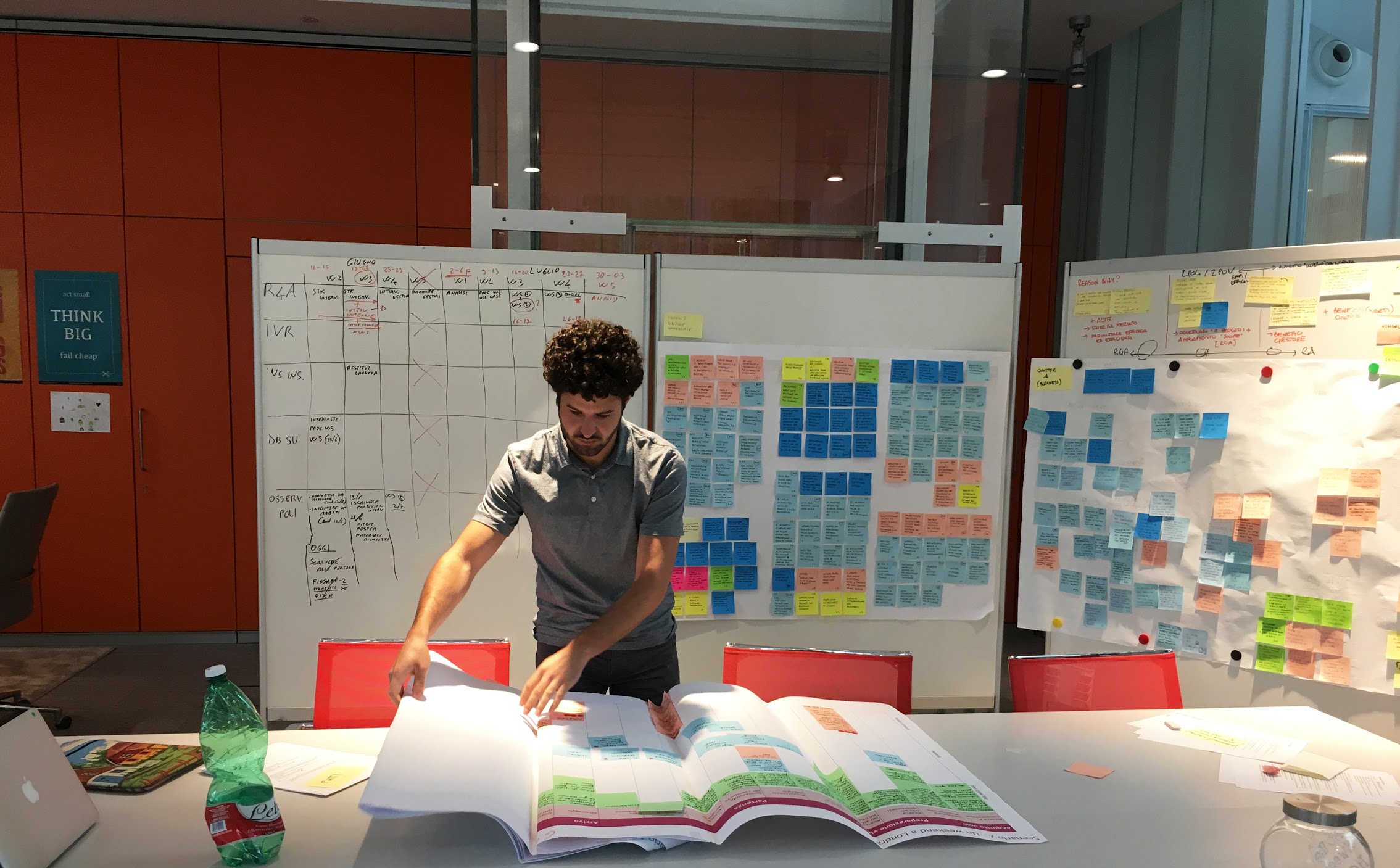
Then we are interested in hearing from you. We have several positions available for talented UX/UI and service designers who are passionate about creating world-class user experiences. Please see the job descriptions on our website for more information, and send us your CV with a…